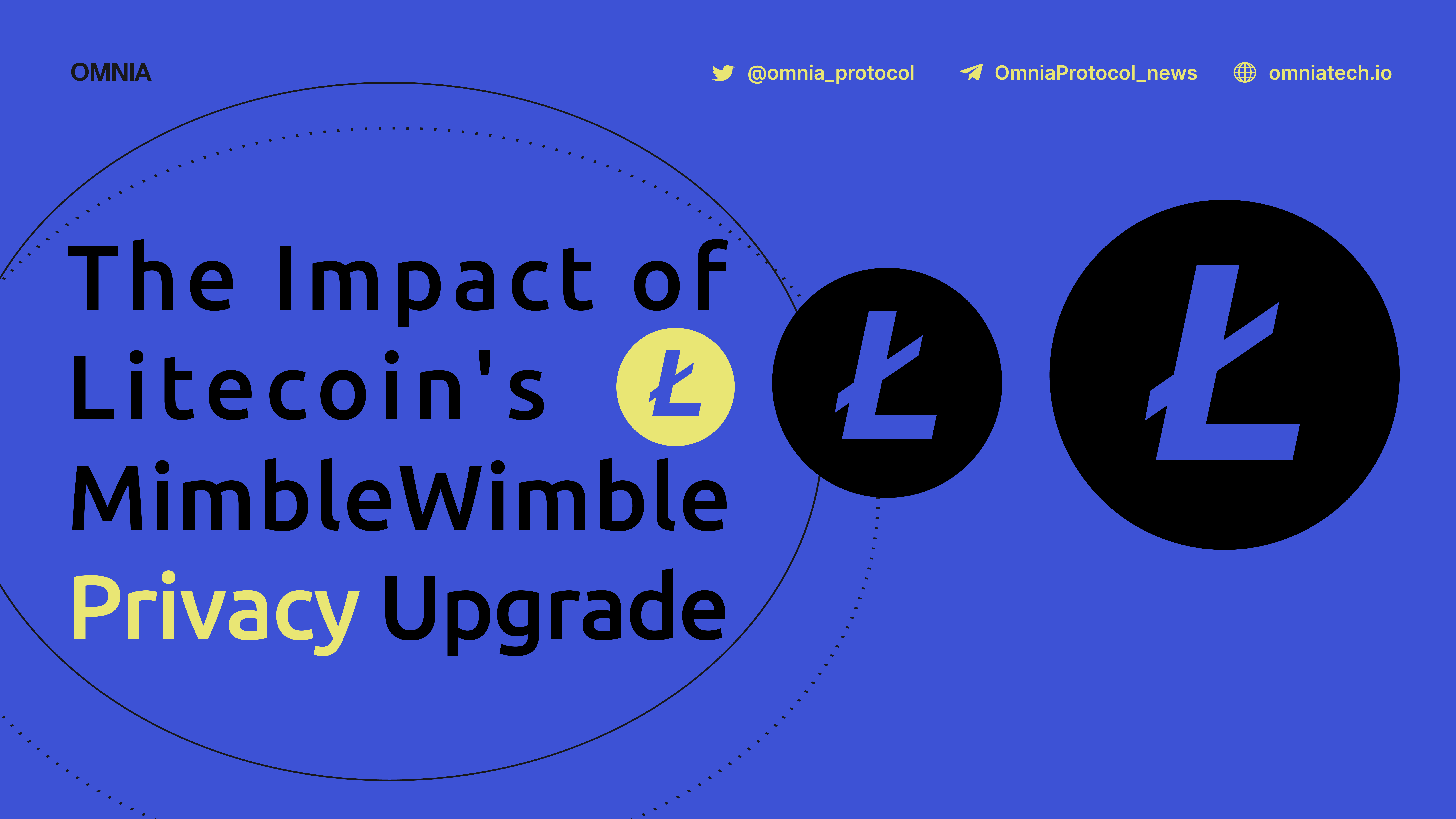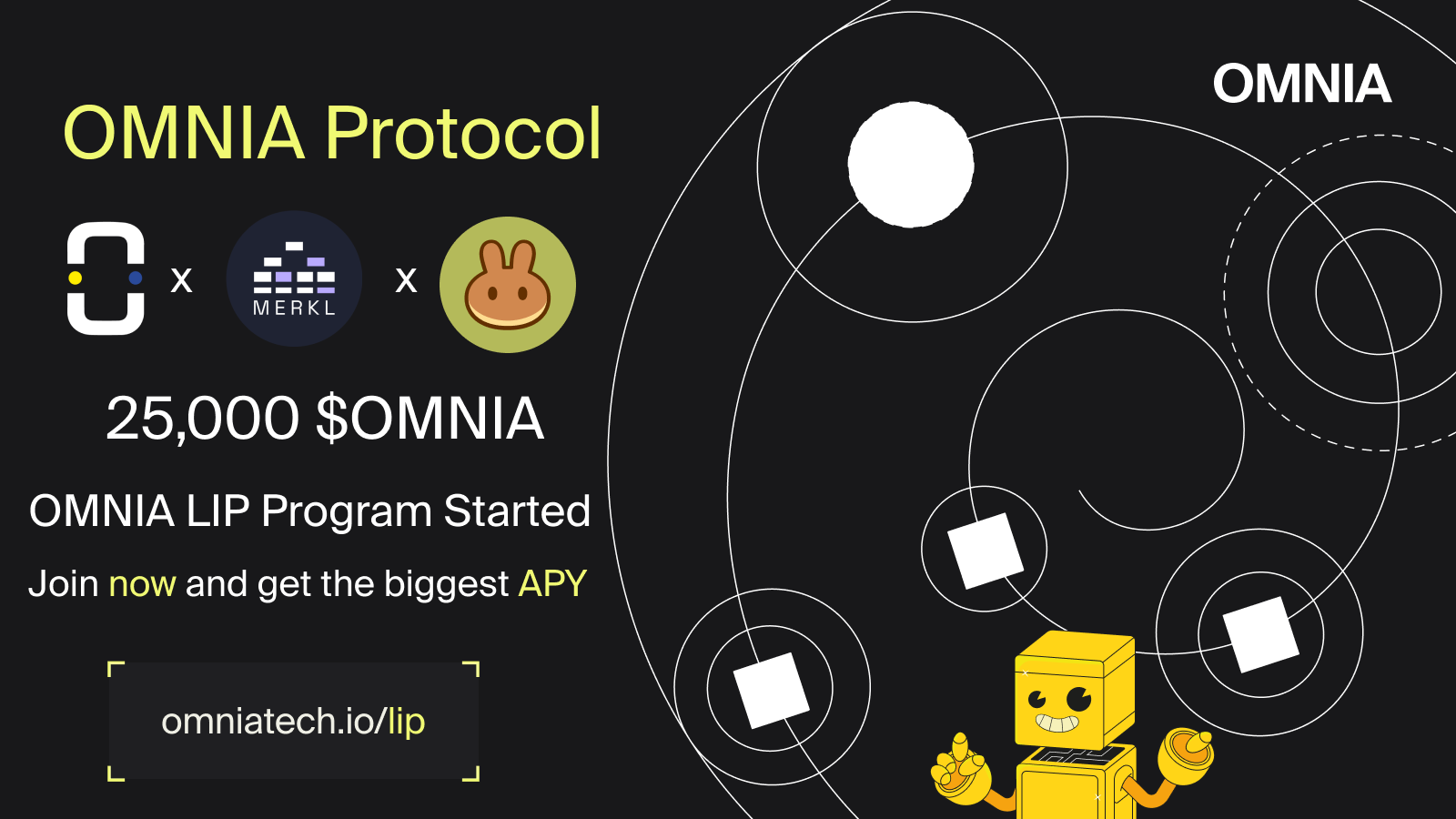
The Impact of Litecoin’s MimbleWimble Privacy Upgrade
On May 19th, 2022, Litecoin’s highly anticipated MimbleWimble upgrade was deployed on the LTC network at block 2,257,920. The upgrade, named after a tongue-tying spell from the Harry Potter series of books and movies, had been in discussion within the Litecoin community from as way back as 2016 when it was proposed by a developer using an alias of Tom Elvis Jedusor (the French version of the Harry Potter character known as Voldemort).
What is MimbleWimble on the Litecoin Network?
Transactions on Litecoin, like Bitcoin and other public blockchains, have long been transparent and traceable. Therefore, personal information such as IP Addresses, exchanges, or merchants can be leaked and tied to your LTC address.
MimbleWimble on Litecoin introduced optional confidential transactions on the LTC network through Extension blocks. Confidential transactions through MimbleWimble obfuscate the amount transferred except for the parties involved in the transaction.
The extension blocks create a side-chain alongside Litecoin regular blocks. They also allow MimbleWimble transactions to be an ‘opt-in’ feature. Litecoin users can decide whether to have their transactions public or private. Both private and public transactions exist simultaneously on Litecoin but are maintained separately.
To utilize the new privacy feature on LTC, users need to use Litecoin Core to generate MimbleWimble stealth addresses, which start with the prefix of ltcmeb1. These addresses conceal the recipient of each transaction by utilizing single-use addresses that are not visible on the blockchain without the corresponding viewing key.
Impact of Litecoin’s MimbleWimble Upgrade.
From the onset, privacy on the blockchain is a much sort out feature by crypto users globally. The OMNIA protocol was inspired by the need to provide off-chain privacy by ensuring no personal metadata, such as IP addresses, leaks to third parties, or malicious actors such as hackers.
1. User Benefits While Using MimbleWimble.
In the case of Litecoin, MimbleWimble provides on-chain privacy for LTC users by guaranteeing transactional information is hidden from the prying eyes of unintended parties.
Alan Austin, the Managing Director at the Litecoin Foundation, described financial privacy as a fundamental human right that helps ‘prevent price discrimination, extortion, predatory lending and other practices that target vulnerable people and facilitate prejudice and discrimination.’
Mr. Austin cited traditional payments such as credit cards, debit cards, PayPal, and cash, as offering privacy because the recipient does not know how much the sender has in their accounts. Therefore, a similar feature should be available for crypto as explained below:
When you make a payment with a credit/debit card, cash, PayPal.. merchants do not know how much money you have. So why should they know how much crypto you have?
If a government, crypto exchange, or other entity does not support this fundamental human right, then it’s time these entities provide transparency with their own finances, including how much money they actually have and full transaction history of where that money has been.
We need sound money.
2. Impact of Litecoin’s Classification as a Privacy Coin by Crypto Exchanges and Regulators.
However, Litecoin’s new opt-in privacy feature through MimbleWimble has resulted in discussions that LTC is now a privacy coin similar to Monero or Zcash.
As a result, crypto exchanges within jurisdictions that have banned privacy coins, such as South Korea, have decided to delist Litecoin to comply with local regulations. They include the crypto exchanges of Upbit, Bithumb, Coinone, Korbit, and Gopax.
All five exchanges point out that the new optional privacy feature on Litecoin corresponds to an anonymous transaction according to the South Korean ‘Specific Financial information Act.’ This act requires the crypto exchanges to adhere to anti-money laundering (AML) and know-your-customer (KYC) regulations in the country.
This translates to a scenario whereby investors in South Korea cannot access Litecoin through the traditional crypto exchanges. However, Litecoin is still available on a peer-to-peer level in South Korea.
Similarly, in an announcement earlier this month, the crypto exchange of Binance stated that it would not support deposits and withdrawals of Litecoin that utilize the MimbleWimble Extension blocks function. The Binance team further explained that deposits made using MWEB would not be received or returned as they cannot verify the sender’s address.
OMNIA is Committed to Privacy Compliance.
The scenarios above highlight the need for crypto and blockchain projects to keep regulatory compliance in mind when launching upgrades or new products and services.
In the case of OMNIA, the team is committed to regulatory compliance with existing personal information protection regulations and laws that are in place to safeguard users’ personal information.
The OMNIA team is very aware of how anonymity can be misused on the blockchain to orchestrate illegal activities such as tax evasion, money laundering, and other non-financial crimes. OMNIA addresses such concerns by implementing strict measures at the privacy relayers dAPI gateways that act as entry points to blockchain networks by automatically rejecting the submission of transactions linked to illicit activities or part of any sanctioned lists.

